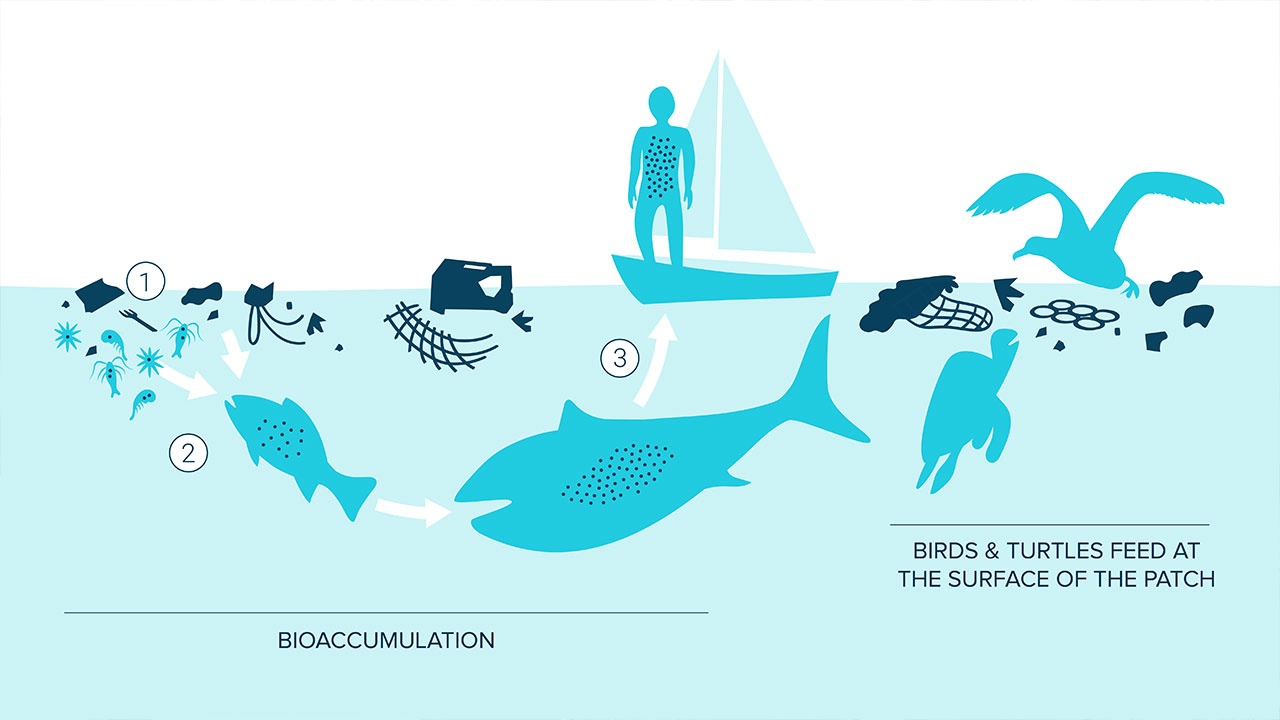- The GPGP has a tremendous influence on marine life since marine species consume plastic, which can cause injury and even death.
- Plastic can also entangle and suffocate marine species, causing environmental disruption.
- The new study offers light on the neopelagic community, which has evolved to surviving in the waste patch on plastic.

Plastic pollution and its environmental consequences
- Plastic pollution is a serious environmental concern that has a global impact on land and water ecosystems.
- Plastic waste can disintegrate over hundreds of years, and even then, it breaks down into microplastics that can persist in the environment permanently.
- Plastic in the environment has a deleterious influence on biodiversity, ecosystem function, and human health.
@the end
- Plastic pollution can be reduced through lowering the use of single-use plastics, recycling, and promoting alternative materials.
- Governments and businesses can also help minimise plastic waste by enacting laws and regulations that reduce plastic use and encourage recycling.
- Individual activities like limiting personal plastic consumption and properly disposing of plastic garbage can help.
Source: https://www.nationalgeographic.org/encyclopedia/great-pacific-garbage-patch/#:~:text=Seals%20and%20other%20marine%20mammals,known%20as%20%E2%80%9Cghost%20fishing.%E2%80%9D
